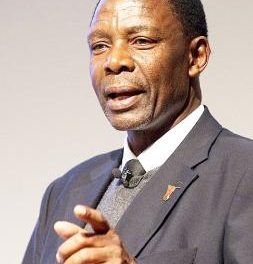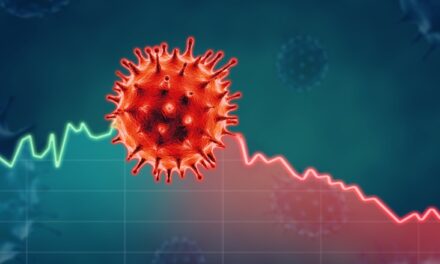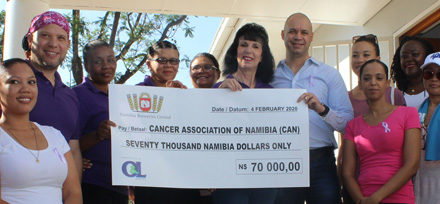
Health is wealth for sub-Sahara Africa
“Nothing could be more important,” African Development Bank President Akinwumi Adesina said earlier this month as he addressed a high-level dialogue on strengthening public health security in Sub-Saharan Africa. “Health is wealth.”
“Our meeting is crucial, for building resilient health systems to ensure that Africa can deal effectively with public health emergencies and support its economic transformation,” he told the West African Ministerial Dialogue on Strengthening Public Health Security in Africa, hosted by the African Development Bank. “A healthy population will translate into increased productivity, and drive sustainable economic growth.” The meeting focused on lessons learned from the Ebola crisis and the preparedness of African governments in an effective healthcare system capable of responding to emergencies.
Adesina highlighted the significant progress made by Africa over the last two decades in terms of health outcomes, underscoring that child mortality has declined in Sub-Saharan Africa by more than 50% between 1990 and 2015. Similarly, maternal mortality rates declined by 45% in the sub-region and by 59% in North Africa over the same period. However, he underscored that key challenges related to the high disease burden in Africa remain.
“Although progress has been made with malaria cases declining by 42% between 2000 and 2010, the continent still accounts for 88% of global malaria incidence,” said Adesina.
“In addition, Sub-Saharan Africa faces a deficit of skilled health workers. While the region accounts for 25% of the global disease burden, it represents only 4% of the global health workforce. Lack of access to safe, quality and affordable medicines remains a major challenge, worsened by weak regulatory systems and a preponderance of fake drugs.”












































